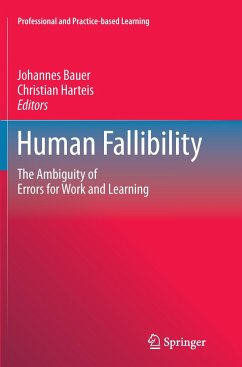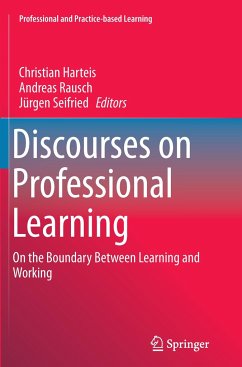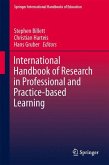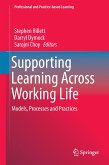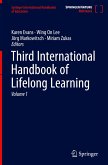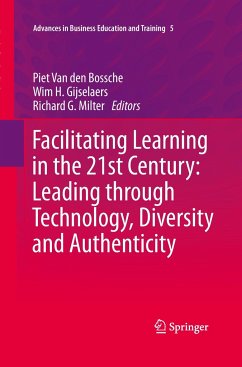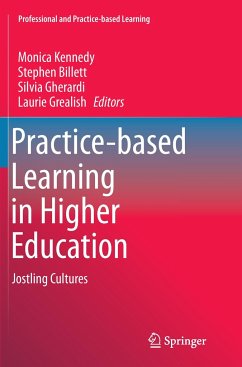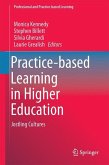A curious ambiguity surrounds errors in professional working contexts: they must be avoided in case they lead to adverse (and potentially disastrous) results, yet they also hold the key to improving our knowledge and procedures. In a further irony, it seems that a prerequisite for circumventing errors is our remaining open to their potential occurrence and learning from them when they do happen. This volume, the first to integrate interdisciplinary perspectives on learning from errors at work, presents theoretical concepts and empirical evidence in an attempt to establish under what conditions professionals deal with errors at work productively-in other words, learn the lessons they contain. By drawing upon and combining cognitive and action-oriented approaches to human error with theories of adult, professional, and workplace learning this book provides valuable insights which can be applied by workers and professionals. It includes systematic theoretical frameworks for explaining learning from errors in daily working life, methodologies and research instruments that facilitate the measurement of that learning, and empirical studies that investigate relevant determinants of learning from errors in different professions. Written by an international group of distinguished researchers from various disciplines, the chapters paint a comprehensive picture of the current state of the art in research on human fallibility and (learning from) errors at work.
From the book reviews:
"'Human Fallibility' offers an up-to-date compilation of varying perspectives, methods, and results of the relations between errors, work, and learning in several contexts. ... the editors deliver an up-to-date overview of a wide range of issues and methods related to learning from errors. ... The book also reveals several ways of furthering the development of the field. ... 'Human Fallibility' offers more than just a starting point." (Andreas Rausch, Vacations and Learning, Vol. 7, 2014)
"'Human Fallibility' offers an up-to-date compilation of varying perspectives, methods, and results of the relations between errors, work, and learning in several contexts. ... the editors deliver an up-to-date overview of a wide range of issues and methods related to learning from errors. ... The book also reveals several ways of furthering the development of the field. ... 'Human Fallibility' offers more than just a starting point." (Andreas Rausch, Vacations and Learning, Vol. 7, 2014)

